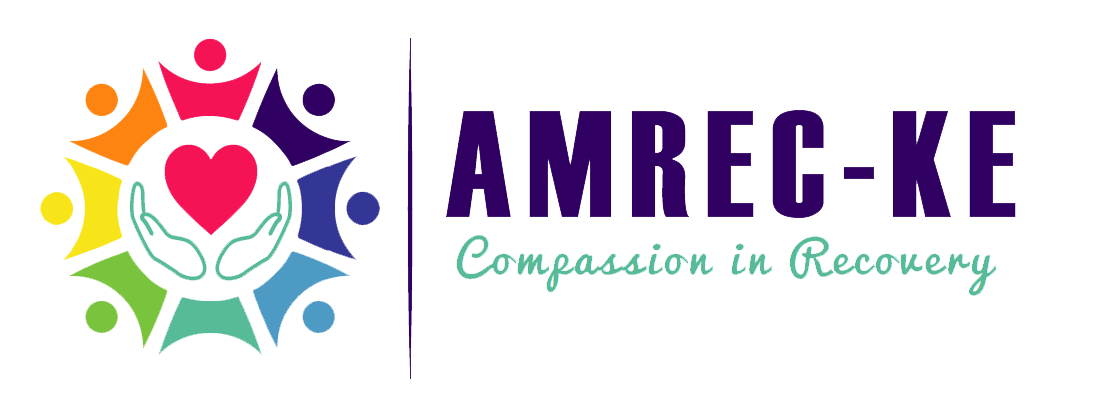

According to the DSMV, Paranoid Personality disorder, is a pattern of distrust and suspiciousness such that other people`s motives are interpreted as malevolent (harmful). Meaning that a person with this personality disorder is always on high guard to protect themselves from harm that is not even present.
Manifestation and identification
According to the DSMV, symptoms of PPD manifest from early childhood until the present time.
There are some symptoms they exhibit that may suggest they are suffering from PPD.
DISCLAIMER: ONLY A QUALIFIED THERAPIST IS AUTHORIZED TO STATE WHETHER A PERSON IS SUFFERING FROM A DISORDER OR NOT!

The signs and symptoms
- They are constantly suspicious of people without sufficient evidence that the people they suspect are out to harm or exploit them.
- Their emotional life tends to be dominated by distrust and hostility and they are constantly trying to prove where the loyalty of their friends, family, and associates lies.
- They are reluctant to confide in others out of unwarranted fear that the information they share with them will be used maliciously against them.
- They tend to take offense to criticism as they perceive it as an attack on their character/reputation and they are quick to react angrily or counter it.
- Constant suspicious behavior concerning their spouses/ sexual partners.
- They persistently bear grudges such as insults, injuries, or even insights.
- People with this disorder assume that others are out to harm them, take advantage of them, or humiliate them in some way.
- They put a lot of effort into protecting themselves and keeping their distance from others.
- They are known to attack people that may make them feel threatened.

How family and friends can help someone with a Paranoid Personality
- Having paranoid beliefs can make people end up isolating you and in the end, you feel alone. As their family or friend, you should give them that space to talk openly about their beliefs, and in turn, this causes a reduction in stress. You might find that your point of view reassures them and gives them a different perspective.
2. We all have our own fears, doubts, and uncertainties about life, so why shouldn`t we? Avoid dismissing their fear, rather try to understand how they are feeling and reassure them that they are safe and okay. It’s important to recognize that their feelings are very real, even if you feel the beliefs they are based on are unfounded.
3. When they talk to you, ensure that you are offering comfort and focusing on their feelings such that you can be able to determine the level of distress they are on.
4. There is only so much you can do as a friend or close relative. At times, the best help can be professional help, support, and encourage them to seek help from trained practitioners.
5. It is also key to learn to respect their wishes despite feeling that you know what is best for them.
6. Know how to get help in case of an emergency. When they go through experiences and do not talk about the, they can become very unwell before you realize they need help.
7. It is also important to remember to take care of yourself too. Seeing someone you care about experiencing paranoia can be distressing or even frightening. You may feel as if you have no time for yourself, but looking after your own well-being is important for you and for them.
References
Lautieri, A. (2022, June 2). DSM-5: The Ten Personality Disorders: Cluster A – Mental Help. MentalHelp.net. https://www.mentalhelp.net/personality-disorders/cluster-a/
Just a moment. . . (n.d.-b). https://www.mind.org.uk/information-support/types-of-mental-health-problems/paranoia/for-friends-and-family/
Lemu Wanjiku,
Counselling Psychologist,
AMREC Kenya.

